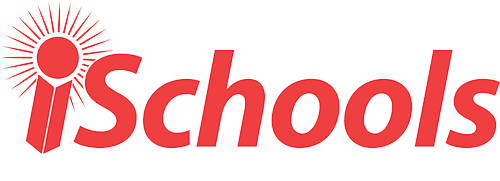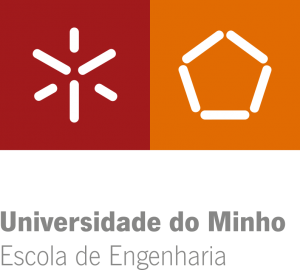Paulo Amaro finaliza o seu Doutoramento
Tema da Tese: ‘The integration of lean thinking on the culture of portuguese organizations: enablers and inhibitors’
Autor: António Paulo Marques Pinto e Amaro
Orientadores: Anabela Carvalho Alves; Rui Manuel Alves da Silva e Sousa
Data: 24/05/2022
Programa Doutoral: Engenharia Industrial e de Sistemas
Abstract
Organizations are faced with challenges such as the globalization of markets, climate change, social
issues, among others, which force them to prepare and organize themselves differently from traditional
ways. They must innovate their processes and products to succeed against competitors and reduce their
own waste, improving the way they design, produce and manage processes. To reduce this waste,
organizations have implemented Lean Thinking which requires an openness to transform organizational
culture, if this presents a barrier to this transformation. Thus, this PhD thesis aimed to develop a model
to assess the Organizational Culture of organizations and suggest a way for them to integrate the
principles of Lean thinking, delivering value to the customer, in those that are the key directional vectors
of any organization: quality, cost, delivery, safety and morale.
The research began with a critical literature review, which provided the basis for this PhD. This included
models of organizational culture, work organization and Lean implementation. During this review, it was
found that there was no model that integrated the original basis of the Toyota model, Lean principles and
an organizational culture model. Therefore, a three-dimensional model called the Integration of Lean
Thinking into Organizational Culture (ILTOC) was developed which relates the three levels of Schein’s
organizational culture model, the five Lean Thinking principles and the Toyota Way 4P model. This model
includes a methodology which is divided into five phases and which guides organizations towards its
implementation.
To develop this model, a questionnaire, the “Bi-dimensional Instrument for Lean Culture Openness
(BDILCO)”, was developed and applied to five companies in northern of Portugal. The questionnaire
aimed at diagnosing the Organizational Culture and measuring aspects related to operational
effectiveness. The results of the questionnaire improved the understanding of the companies’ awareness
of the gap between the actual state and the integration of Lean thinking principles in the organizational
culture. The model was validated in one of the organizations that participated in the questionnaire which
was the case study explored. The main contribution of this PhD consists in providing organizations with
a model to support those that intend to implement Lean Thinking in their Organizational Culture.
Keywords: Lean Thinking, Organizational Culture, Schein; 4P model



